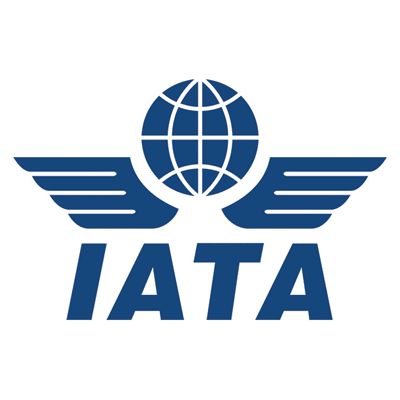IATA opposes proposed US security tax hike
- Like
- Digg
- Del
- Tumblr
- VKontakte
- Buffer
- Love This
- Odnoklassniki
- Meneame
- Blogger
- Amazon
- Yahoo Mail
- Gmail
- AOL
- Newsvine
- HackerNews
- Evernote
- MySpace
- Mail.ru
- Viadeo
- Line
- Comments
- Yummly
- SMS
- Viber
- Telegram
- Subscribe
- Skype
- Facebook Messenger
- Kakao
- LiveJournal
- Yammer
- Edgar
- Fintel
- Mix
- Instapaper
- Copy Link
Posted: 20 September 2011 | IATA | No comments yet
IATA expressed its opposition to double the 9.11 passenger security fee…


The International Air Transport Association (IATA) expressed its opposition to the proposal by the Administration of US President Barack Obama to double the 9.11 passenger security fee and then to raise it in successive years through 2017 as part of the Administration’s deficit reduction plan.
“Airlines and their passengers are being asked to pay for national security, although it clearly is a responsibility of government,” said IATA Director General and CEO Tony Tyler. “To add insult to injury, more than half of the increased revenue from the higher fee will be diverted into the general fund and will not be used to make air travel more secure.”
Passengers traveling from US airports currently pay a security fee of $2.50 per flight segment with a cap of $5 one-way and $10 per round trip. The proposal would raise the fee to $5 for all one-way trips and $10.00 per round trip. For the majority of passengers who do not connect or change flights during their journey, this represents a doubling of the charge. Furthermore, under the proposal, the round trip charge would increase by $1 per year between 2013 and 2017.
“This is absolutely the wrong approach. Aviation is a catalyst for growth in the worldwide economy. The economic outlook is uncertain and confidence among both businesses and consumers is low. Making air travel progressively more expensive is not a sound economic strategy. A similar per-passenger tax in the Netherlands cost the economy more than it collected in revenues,” said Tyler, adding that, “globally aviation supports $3.5 trillion in economic activity and 33 million jobs.”













